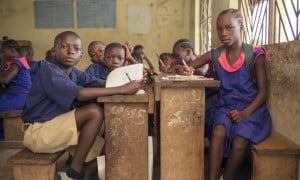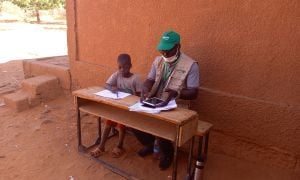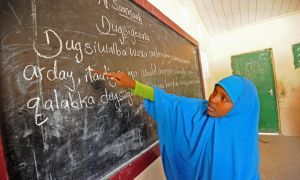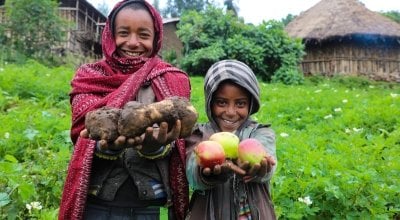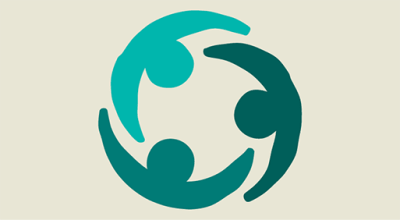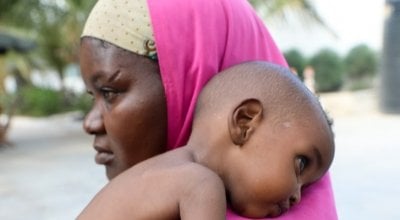
Read our 2024 annual report

Knowledge Hub
Why education? We believe that all children have the right to an education and that it provides one of the best routes out of poverty. We integrate our education programmes into both our development and emergency work to give extremely poor children more opportunities in life and support their overall wellbeing.
Key focus areas
Three key focus areas of our work on education are:
- Increasing access to education, including in emergencies
- Improving the quality of education and learning outcomes
- Supporting the wellbeing of children and teachers
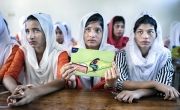
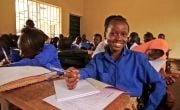
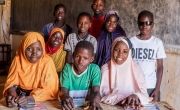

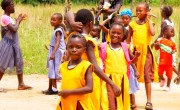
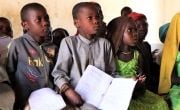
A closer look at our education programmes
The main goal of our education programme is to improve the lives of extremely poor children in a sustainable way, by increasing their access to quality primary education and supporting wellbeing. Here we spotlight three of our approaches.
Using EGRA to measure learning outcomes
At least 250 million school-age children worldwide currently do not know the basics in reading and mathematics. This poor level of literacy and numeracy drives school dropout and blocks students from progressing in their education.
In order to accurately assess, improve and monitor literacy levels, Concern is widely using the sector-leading Early Grade Reading Assessment (EGRA) tool among the most vulnerable communities and in emergencies.
Safe Learning Model
Improving Access to Education Through Community and School Management Engagement
Organisations who fund us
Global Partnership for Education (GPE)
The Lego Foundation
Knowledge Hub resources on the theme of Education
Other ways to help
Corporate support
Is your company interested in working together for a common cause?
Fundraise for Concern
From mountain trekking to marathon running, cake sales to table quizzes, there are lots of ways you can support our work.
Buy a gift
With an extensive range of alternative gifts, we have something to suit everybody.
Leave a gift in your will
Leave the world a better place with a life-changing legacy.
Volunteer with Concern
The lots of ways to get involved with our work as a volunteer
School fundraising
Without the generous support from schools, we wouldn't be able to do the work that we do.


